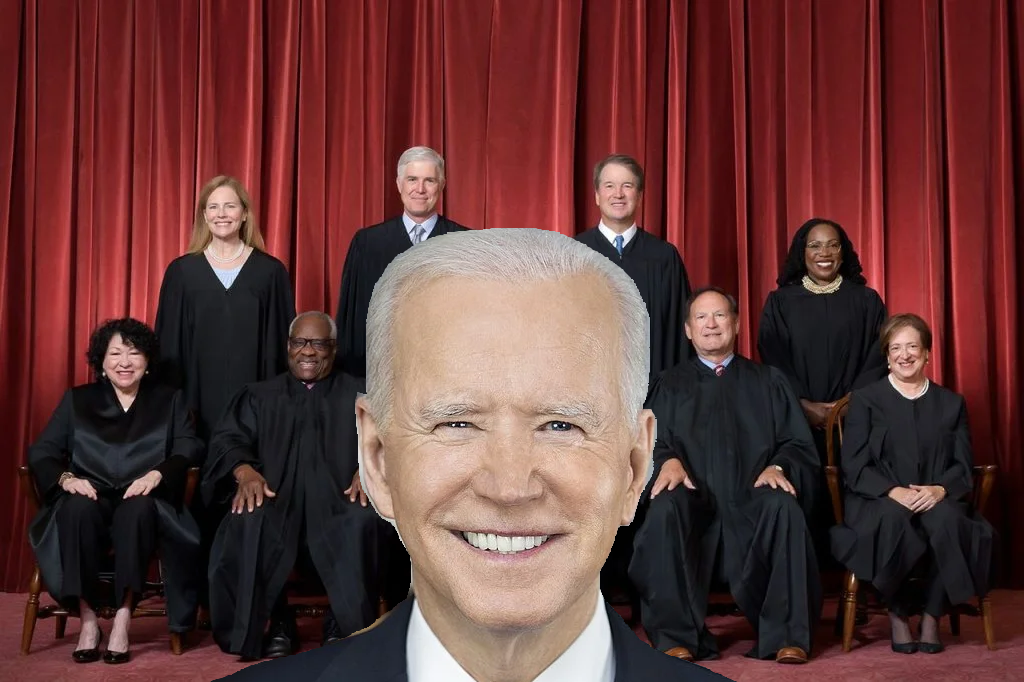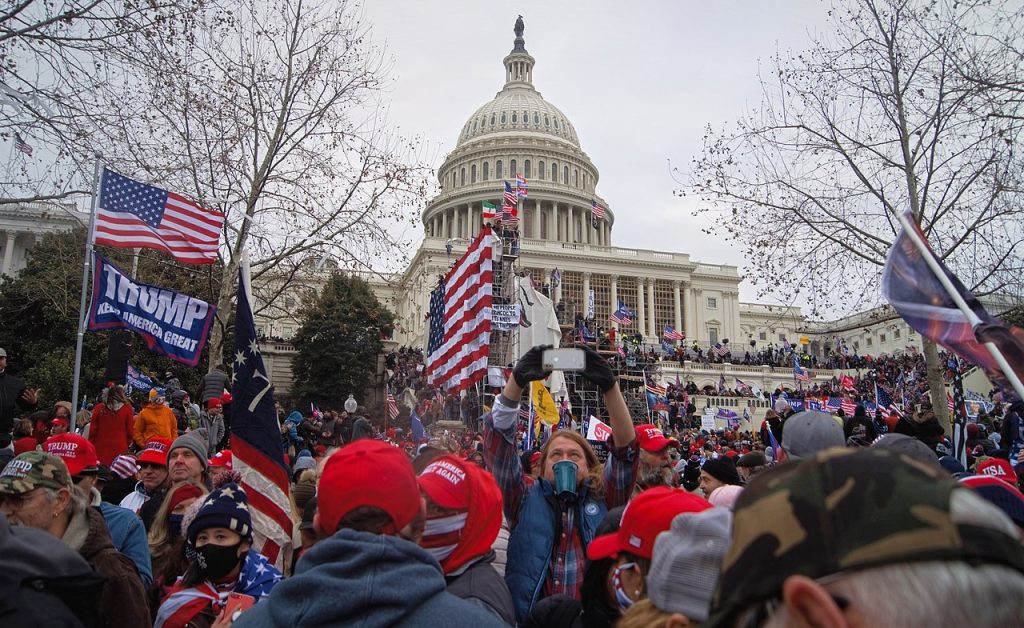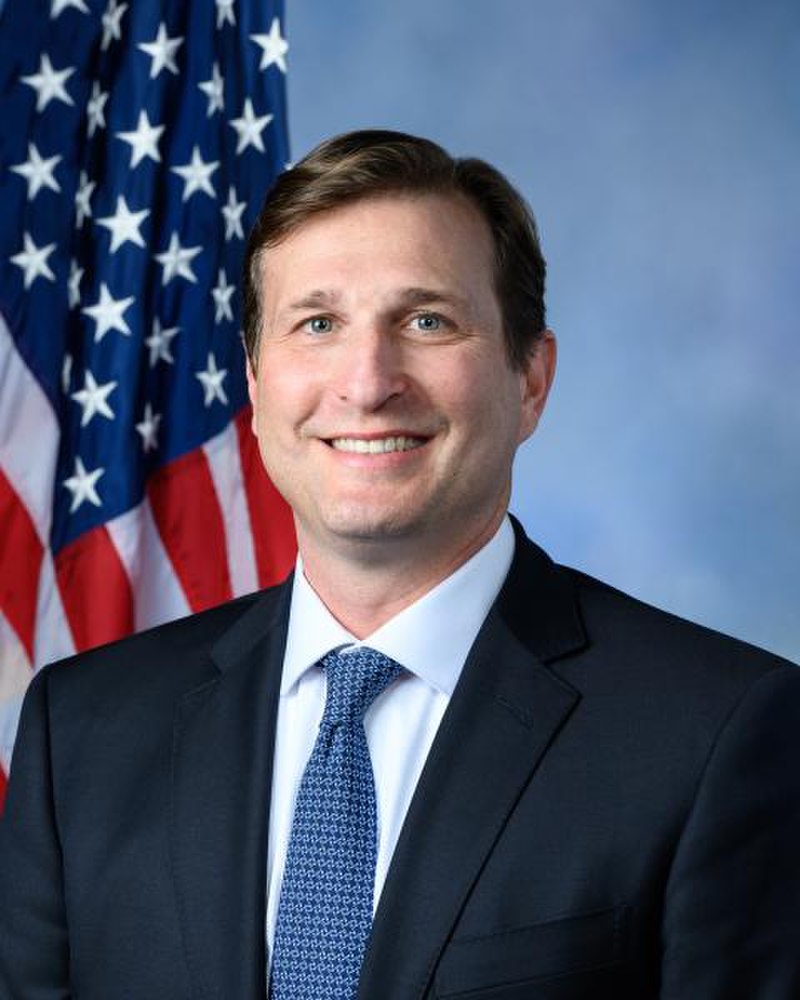In a controversial decision, the Supreme Court has ruled that former President Donald Trump is granted limited immunity for actions taken during his presidency, a move that has sparked intense debate and allegations of judicial bias. This ruling, according to the Biden campaign and several Democratic leaders, essentially hands Trump “the keys to a dictatorship,” raising concerns about the future of American democracy and the integrity of the judicial system.

The Supreme Court’s decision, delivered by Justices Roberts, Thomas, Alito, Gorsuch, Kavanaugh, and Barrett, provides Trump with immunity from criminal prosecution for “official acts” undertaken during his presidency. The majority opinion argues that this protection is necessary to preserve the independence and functionality of the executive branch. However, the court has left it to the lower courts to delineate what constitutes official versus unofficial actions, adding layers of complexity and potential for prolonged legal battles.

The Biden campaign and leading Democrats have vehemently opposed the ruling. A senior Biden campaign adviser stated that Trump “snapped” after losing the 2020 election and incited a mob to overturn the results, claiming that he believes he is above the law. The adviser further accused the Supreme Court of being “conflicted and compromised,” suggesting that the ruling undermines the democratic principles of accountability and justice.

Officer Harry Dunn, a former US Capitol police officer present during the January 6th insurrection, expressed his dismay during a Biden-Harris campaign call, declaring Trump as the greatest threat to democracy. He emphasized that a mob attacked the Capitol on Trump’s orders, reflecting a dangerous precedent if such actions are deemed within presidential immunity.

New York Representative Dan Goldman, who led the first impeachment against Trump, echoed these sentiments, stating that the decision dramatically sets back American democracy. He warned that failing to elect Joe Biden could lead to the demise of the democratic system as it has been known for 250 years.

House Speaker Mike Johnson hailed the Supreme Court’s decision as a victory for Trump and future presidents, framing it as a defeat for what he calls the “weaponized” Department of Justice under President Biden. This perspective aligns with Trump’s narrative of political persecution and has gained traction among Republican lawmakers and justices.

Justice Clarence Thomas raised constitutional questions regarding Attorney General Merrick Garland’s appointment of Jack Smith as special counsel, further complicating the legal landscape and underscoring the deep political and judicial divides.

Senate Majority Leader Chuck Schumer condemned the ruling, calling it a sad day for democracy. He emphasized that no one should be above the law, especially regarding charges of treason or incitement of insurrection. Other Democratic leaders, including House Democratic Leader Hakeem Jeffries and Rep. Pramila Jayapal, have voiced similar concerns, highlighting the dangerous precedent set by granting such immunity.

Rep. Nancy Pelosi criticized the Supreme Court for diminishing its credibility and violating the principle that no one is above the law. She and others argue that this decision undermines the very foundation of American democracy and could lead to unchecked presidential power.

The Supreme Court’s ruling on presidential immunity for Donald Trump has ignited a fierce debate about the balance of power, accountability, and the future of American democracy. While supporters argue it protects the independence of the presidency, critics warn it paves the way for autocratic governance. As the nation grapples with these issues, the true impact of this decision will unfold in the coming months and years, shaping the political and judicial landscape of the United States. Donald Trump may have just followed in the footsteps of Julius Caesar who outmaneuvered his opponents in Ancient Rome to install himself as dictator for life.





